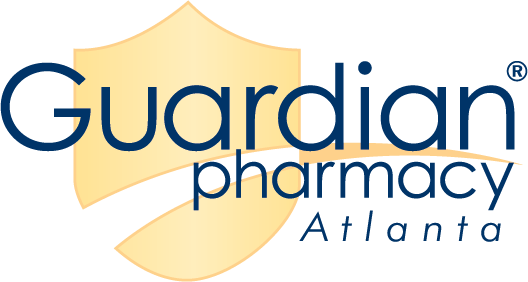Oral liquid Morphine has been the hot topic of 2019 for assisted living and personal care. Prior to recent legislation in Georgia, only hospice care providers – not assisted living and/or personal care providers – could administer liquid morphine, or any Class II medication, to a resident during death or transition if that resident was contracted with a hospice provider. Furthermore, it was understood that administering liquid morphine or any Class II medication was not in the scope of practice for any personnel at assisted living or personal care facilities. Additionally, if a hospice provider’s contract stated that it will provide continuous care, then said hospice provider was responsible for administering Class II medications when deemed necessary.
These regulations changed earlier this year when Governor Kemp signed House Bill 374, which became effective on May 11, 2019. This bill allows Georgia Certified Medication Aides in licensed assisted living communities to administer oral liquid morphine to residents under hospice care. The Bill states that the GA Certified Medication Aide may:
(G) Administer liquid morphine to a resident of the assisted living community who is the patient of a licensed hospice, pursuant to a hospice physician’s written order that contains specific instructions for indication, dosage, frequency, and route of administration, provided that the licensed hospice consents to the use and administration of liquid morphine as described in this subparagraph. The medication aide shall observe and document the resident’s need for all ‘as needed’ (PRN) liquid morphine in such resident’s record and such indications of need may include verbalizations of pain, groaning, grimacing, or restlessness. The initial dose of any liquid morphine administered pursuant to this subparagraph shall be administered and assessed by a licensed hospice health care professional to observe and address any adverse reactions to such medication. The assisted living community shall ensure that any medication aides who will be administering liquid morphine to any hospice patients in such assisted living community pursuant to this subparagraph receive adequate training from a licensed hospice on the safe and proper administration of liquid morphine prior to such administration and on an annual basis thereafter. The assisted living community shall maintain documentation of all training provided and shall adhere to all security and storage requirements for liquid morphine required under state and federal law, including but not limited to any rules promulgated by the department. Notwithstanding the foregoing, the supply of liquid morphine on-site at the assisted living community shall be limited to no more than 50 ml for each hospice patient in the assisted living community and shall only be administered under limited circumstances when a licensed hospice health care professional is not otherwise available. The department shall promulgate rules and regulations to implement this subparagraph. The authority provided to a medication aide pursuant to this subparagraph shall be in addition to the authority provided to a medication aide pursuant to subparagraphs (A) through (F) of this paragraph and shall not be construed to limit any authority or practice of a medication aide in effect prior to the effective date of this subparagraph.
Please note that this bill (1) does not permit Personal Care Homes and Proxy for medication management to administer liquid morphine nor CII medications. They must have Hospice provide continuous care and administer morphine and other CII medications. (2) Registered CMA instructors, RN’s and Pharmacists are not permitted to provide Georgia Certified Medication Aides training to unlicensed individuals. The hospice provider must provide the training and paperwork that is required for this certification. (3) The hospice nurse shall administer the first dose any time a hospice resident needs oral liquid morphine. (4) This bill specifies liquid Morphine; therefore, no other CII medication can be used. (5) The Department of Community Health should have changes to these rules published sometime in January 2020.
In the assisted living and personal care industry, trying to understand all the regulations, requirements and medications available at any given time can be incredibly difficult. Guardian Pharmacy Atlanta has a team of consulting professionals and account managers that understand the rules and are available to help you stay on top of the latest in rules and best practice. If you would like to learn more about our consulting services, please contact our lead consultant, Lori Newcomb, RPh, BCGP at 770-635-3301.





